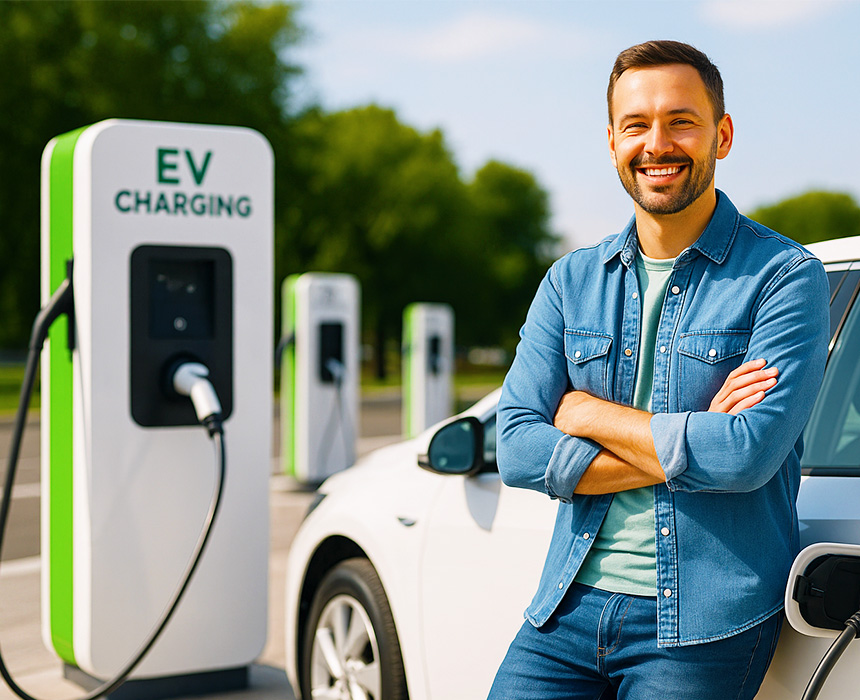The Role of Electric Vehicles in Social Transformation and Global Impacts
The rise of electric vehicles (EVs) has triggered not only an automotive revolution but also a fundamental shift in the dynamics of social life. This transformation spans from energy policy to public health, from economic structures to urban planning. The widespread adoption of EVs represents one of humanity’s most significant technological milestones. Just as steam engines shaped the industrial revolution and internal combustion engines redefined the 20th century, EVs are becoming a defining feature of the 21st century.
Environmental Effects and Sustainability
Perhaps the most visible impact of EVs is environmental. Fossil fuel-based transport is one of the largest contributors to carbon emissions and climate change. By producing zero tailpipe emissions, EVs improve air quality in cities and deliver direct health benefits. The reduction of respiratory illnesses in polluted urban areas is among the strongest arguments in favor of EV adoption.
Noise reduction is equally significant. EVs are far quieter than traditional vehicles, lowering urban noise pollution and contributing to mental well-being and overall quality of life.
Economic Dimensions
EVs are transforming economies by creating new industries while reshaping existing ones. Battery manufacturing, charging infrastructure, software, data analytics, and energy storage technologies are all expanding rapidly, producing new jobs.
For nations heavily dependent on oil imports, EVs promise greater energy independence. Combined with renewable energy, EV ecosystems reduce reliance on fossil fuels and strengthen national security. Over time, this could alter global macroeconomic balances.
Urban Planning and Social Life
Cities were historically designed around the needs of combustion vehicles: highways, gas stations, and parking lots. EV adoption is changing this paradigm. Gas stations are giving way to charging hubs, which double as digital service centers, offering booking, payments, and energy insights.
Integration with car-sharing and public transportation is fostering a more sustainable mobility ecosystem. Private car ownership may decline, traffic congestion may ease, and cities may be redesigned to be greener and more people-focused.
Energy Policy and Geopolitics
EVs contribute significantly to renewable energy goals and international agreements such as the Paris Accord. Their widespread adoption supports national decarbonization strategies.
At the geopolitical level, the importance of oil-exporting nations may decline, while countries that dominate battery supply chains or rare earth materials will gain influence. This shift could reshape global power structures.
Technology and Human Interaction
EVs also redefine the relationship between humans and technology. Connected vehicles are not only means of transport but digital platforms producing continuous streams of data. While this enables personalized services, it also raises concerns about privacy and cybersecurity.
Cultural Shifts
Owning an EV increasingly symbolizes innovation and environmental consciousness, especially among younger generations. This accelerates a cultural transformation toward sustainability.
Conclusion
Electric vehicles play a pivotal role in reshaping society in the 21st century. They influence transportation, energy policies, city planning, geopolitics, cultural habits, and personal lifestyles. More than just a mode of transport, EVs represent a global social revolution.




